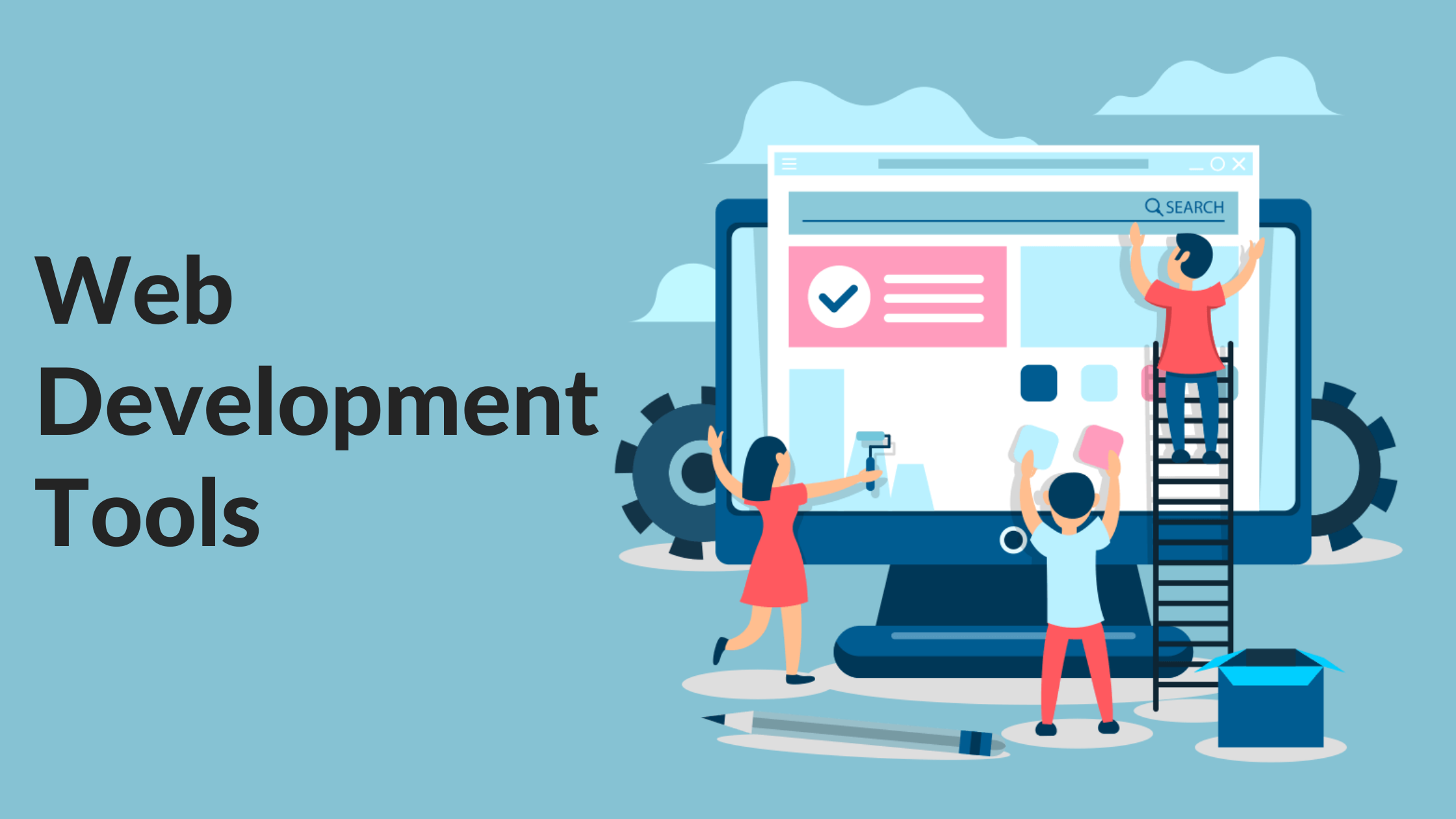Web Development Tools:
-
Code Editors:
- Visual Studio Code: A versatile and widely used code editor with a vast library of extensions.
- Sublime Text: A lightweight and highly customizable code editor.
- Atom: A hackable text editor developed by GitHub.
-
Version Control:
- Git: A distributed version control system that's essential for collaborative development.
- GitHub: A platform for hosting and sharing Git repositories.
-
Package Managers:
- npm: The Node Package Manager used for managing JavaScript packages.
- Yarn: A fast and reliable package manager for JavaScript.
-
Build Tools:
- Webpack: A popular module bundler and task runner for JavaScript applications.
- Gulp: A streaming build system that automates tasks in your development workflow.
Web Development Frameworks:
-
Front-End Frameworks:
- React: A JavaScript library for building user interfaces, developed by Facebook.
- Angular: A comprehensive front-end framework maintained by Google.
- Vue.js: A progressive framework for building user interfaces with a focus on simplicity.
-
Back-End Frameworks:
- Node.js: A runtime environment that allows server-side JavaScript development.
- Ruby on Rails: A web application framework for the Ruby programming language.
- Django: A high-level Python web framework known for its simplicity and robustness.
-
Full-Stack Frameworks:
- MEAN Stack: MongoDB, Express.js, Angular, and Node.js, a popular full-stack JavaScript framework.
- LAMP Stack: Linux, Apache, MySQL, and PHP, a classic full-stack framework.
- MERN Stack: MongoDB, Express.js, React, and Node.js, another JavaScript-based full-stack framework.
Web Development Technologies:
-
Front-End Technologies:
- HTML5: The latest version of Hypertext Markup Language used for structuring web content.
- CSS3: Cascading Style Sheets for styling web pages.
- JavaScript: A versatile programming language for adding interactivity to websites.
-
Back-End Technologies:
- Databases: MySQL, PostgreSQL, MongoDB, and others for storing and managing data.
- Server-Side Languages: PHP, Python, Ruby, Java, and Node.js for server-side scripting.
- APIs: RESTful and GraphQL APIs for data communication between the front end and back end.
-
Web Servers:
- Apache: A widely used open-source web server.
- Nginx: A high-performance web server and reverse proxy server.
-
Content Management Systems (CMS):
- WordPress: A popular CMS with a vast ecosystem of themes and plugins.
- Joomla: Another widely used open-source CMS.
- Drupal: A highly customizable and scalable CMS.
When choosing web development tools, frameworks, and technologies, consider factors such as project requirements, scalability, your development team's expertise, and the specific needs of your website. Experiment with different tools to find what works best for your project, and stay updated with emerging technologies to ensure that your websites remain modern and competitive.




Comments (0)